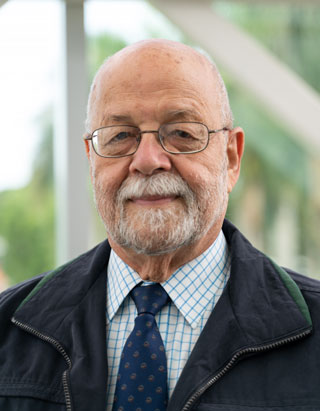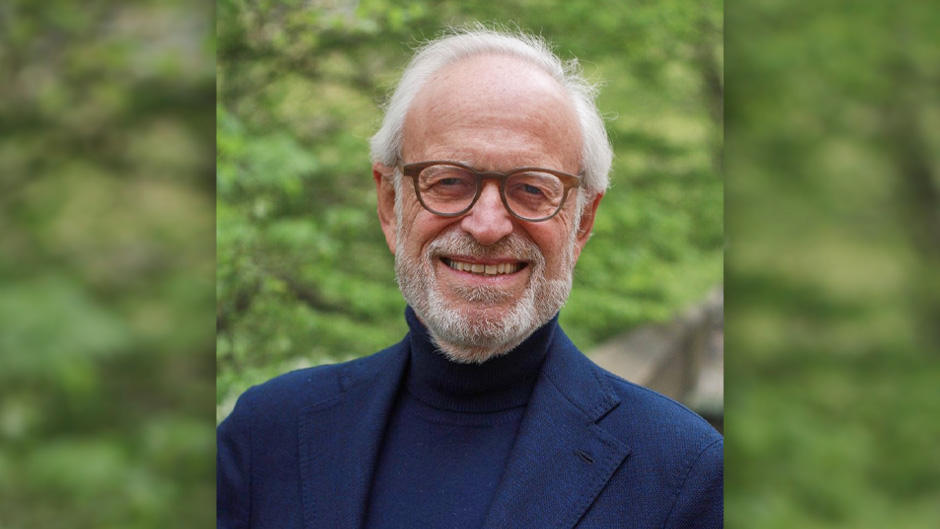Editor’s note: Unfortunately, this lecture scheduled for Feb. 8 has been postponed. At this time, there is no new date scheduled for this event.
At just 15 years old, he left his home country of Germany, fleeing Nazi persecution just before World War II began. At 50, he brokered a cease-fire between Israeli and Palestinian forces. And months later, he was jointly awarded the Nobel Peace Prize with Le Duc Tho of North Vietnam for the peaceful end to the war in Vietnam.
Now, at the age of 99, Henry Kissinger, a former U.S. Secretary of State and head of the National Security Council, shared many of the thoughts behind his foreign policy decisions with someone who also has tried to navigate Middle East peace more recently.
Martin Indyk, former U.S. Ambassador to Israel and U.S. special envoy for the Israeli-Palestinian negotiations from 2013 to 2014, spent many days interviewing Kissinger for his latest book “Master of the Game.”
Indyk is coming to the University of Miami on Wednesday, Feb. 8, to share what he learned about the storied negotiator. Throughout his 688-page book, Indyk details Kissinger’s role in fostering Middle East peace between Israel, Egypt, and Syria, much of which is still in place today.
“We are facing a Middle East in disarray, where chaos and disorder tends to be a reality in much of the area, yet Kissinger created an order in the region, which was more or less stable for about 30 years,” said Indyk, on the 2021 podcast “Deep State Radio.” “There’s something to learn from how he did that.”
Indyk, who was born in London and raised and educated in Australia and is now a distinguished fellow in U.S.-Middle East diplomacy at the Council on Foreign Relations, has some similarities to Kissinger. He was born in another country yet represented the United States as an important foreign diplomat in the challenging region of the Middle East. However, Indyk acknowledges that he and many others have not made a great deal of progress in nurturing peace in the area since Kissinger. By writing this book, Indyk hopes others will be more successful.

Haim Shaked, the University’s Dr. M. Lee Pearce chair in Middle East Peace Studies, director of the Sue and Leonard Miller Center for Contemporary Judaic Studies and the George Feldenkreis Program in Judaic Studies, as well as a professor of international affairs, said students will get a master class on Kissinger’s perspective at the evening event, which is crucial for anyone who hopes to work in foreign relations or the Middle East.
“Kissinger was the genius who separated China from the Soviet Union, which changed the balance of world affairs. He also got the United States out of Vietnam and negotiated the Israeli-Arab peace process, so he is a very important figure in American foreign policy,” said Shaked. “Since then, there’s been no U.S. Secretary of State with his accomplishments. And also, many things that Kissinger put in place are still with us, so his story is very important to the formulation of America’s foreign policy.”
Indyk will speak at the Miller Center Auditorium at 7:30 p.m. This event is co-sponsored by the Miller Center, along with its George Feldenkreis Program in Judaic Studies as part of the College of Arts and Sciences. It is also sponsored by the Berrin Family Jewish Book Festival of the Dave and Mary Alper Jewish Community Center.
The event is free to University students and faculty and staff members presenting a ’Cane Card, as well as Miller Center donors. Community members are asked to buy a $10 admission ticket to benefit the Alper JCC. Get more information.

